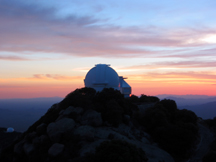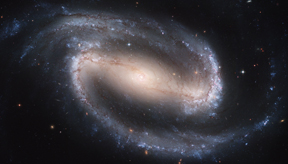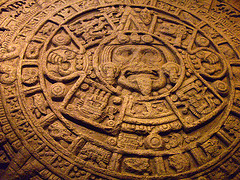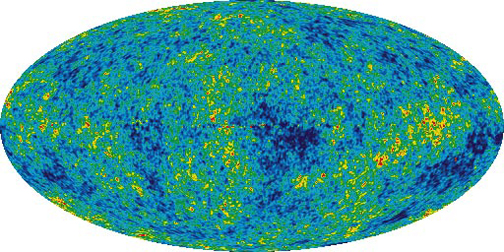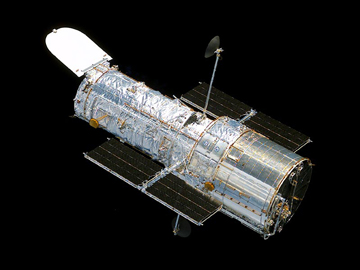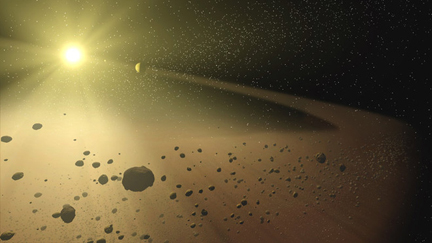 |
|
APS Undergraduate Courses for Senior Auditors
Sub-Links within our "Undergraduate Program" section: About Our Program | Course Requirements for Our Major | Course Requirements for Our Minor | Ready for Research? | Courses for Senior Auditors | Tutoring Information | APS Faculty Mentors | Current Courses | Current Course Webpages Please see the course schedule for details, and to see which courses are offered this semester. General Astronomy: Solar System (ASTR 1000)Introduces principles of modern astronomy for
non-science majors, summarizing our present knowledge about the
Earth, Sun, moon, planets, and origin of life. Offers
opportunities to attend nighttime observing sessions at
Sommers-Bausch Observatory. Some sessions are at Fiske
Planetarium. Introductory Astronomy 1 (ASTR 1010)Introduces principles of modern astronomy for
non-science majors, summarizing our present knowledge about the
Earth, Sun, moon, planets, and origin of life. Requires
nighttime observing sessions at Sommers-Bausch Observatory. Some
sessions are at Fiske Planetarium. Introductory Astronomy 2 (ASTR 1020)Introduces principles of modern astronomy for
non-science majors, summarizing our present knowledge about the
Sun, stars, birth and death of stars, neutron stars, black
holes, galaxies, quasars, and the organization and origins of
the universe. Offers nighttime observing sessions at Sommers
Bausch Observatory. Some sessions at Fiske Planetarium. General Astronomy: Stars & Galaxies (ASTR 1200)Examines principles of modern astronomy for
non-science majors, summarizing our present knowledge about the
Sun, stars, neutron stars, black holes, interstellar gas,
galaxies, quasars, and the structure and origin of the
universe. Some sessions at Fiske Planetarium. Ancient Astronomies of the World (ASTR 2000)Documents the numerous ways in which
observational astronomy and cosmology have been features of
ancient cultures. Includes naked eye astronomy,
archaeoastronomy, ethnoastronomy, concepts of time, calendrics,
cosmogony, and cosmology. Some sessions are at Fiske
Planetarium. Modern Cosmology (ASTR 2010)Introduces modern cosmology to non-science
majors. Covers the Big Bang, the age size and structure of the
universe; and the origin of the elements and of stars, galaxies,
the solar system and life. Introduction to Space Astronomy (ASTR 2020)Discusses reasons for making astronomical
observations from space, scientific goals, practical
requirements for placing instruments in space, politics of
starting new programs, and selected missions. Prerequisite: ASTR
1010, 1020, 1110, or 1120. Black Holes (ASTR 2030)Black holes are one of the most bizarre
phenomena of nature. Students are introduced to the predicted
properties of black holes, astronomical evidence for their
existence and formation, and modern ideas about space, time, and
gravity. Search for Life in the Universe (ASTR 2040)Introduces the scientific basis for the
possible existence of life elsewhere in the universe. Includes origin
and evolution of life on Earth and the search for evidence of life in
our solar system, especially Mars and Jupiter's moon Europa. Discusses
the conditions necessary for life and whether they might arise on
planets around others stars. Same as GEOL 2040. Elective for APS
minor. |
